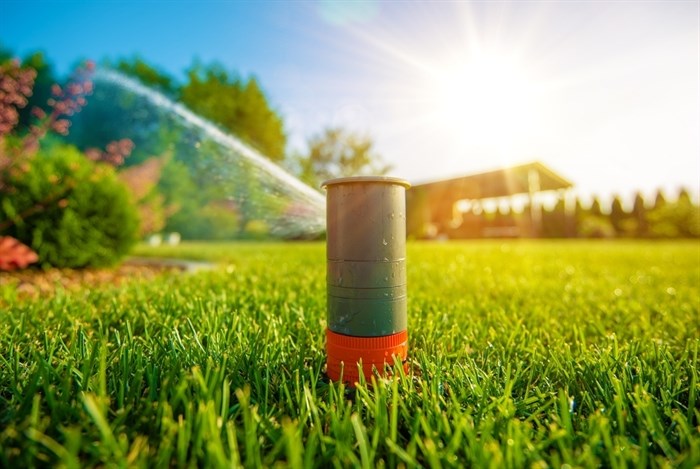
Image Credit: Shutterstock
May 16, 2024 - 2:41 PM
As municipalities around the Okanagan have implemented water restrictions, the region’s drought level has increased to level two.
The continued effects of the 2023 drought, combined with low snowpack, little rain and higher than normal temperatures have created “very dry” conditions, according to a press release today, May 16, from the Okanagan Basin Water Board.
The board said Okanagan water purveyors should be monitoring water supplies and customer demands and prepare for drought conditions throughout the summer.
At level two, or “very dry,” the board said there should be emphasis on reducing unauthorized water use and water suppliers should consider water restrictions.
Greater Vernon Water, Kelowna and Penticton have implemented stage one water restrictions, Armstrong and some surrounding areas have stage two restrictions, and Kamloops is operating under its new year-round water use plan implemented in April 2024.
Whether an area increases water restrictions is based on several factors including demand, infrastructure capacity and local water supply conditions, according to the board.
READ MORE: With climate change, drought are lush green lawns a thing of the past in Kamloops, Okanagan?
The water board has an interactive site called MakeWaterWork.ca to help residents navigate water restrictions and use water more efficiently. The site also has a list of plants that are deemed FireSmart and grow with minimal watering.
The board said the Okanagan basin is a key waterway for fish spawning.
"Sockeye, chinook, steelhead and coho (in small numbers) use Okanagan tributaries for spawning and rearing. Okanagan streams and lakes are also home to resident kokanee, rainbow trout and whitefish," the release read. "These fish species are culturally important to the Syilx Nation, support a vibrant fishery, and are critical for healthy freshwater systems."
There are special considerations for “working water,” or water used for growing food.
“Agricultural producers are facing a challenging year as they recover from last year’s drought and the cold snap in January. The sudden cold weather resulted in significant crop damage. Ensuring these growers have a reliable water supply through this recovery year will be critical,” the release read.
Farmers can click here for the board’s tips on conserving water and maximizing crop yields.
Click here for a provincial drought map.
To contact a reporter for this story, email Jesse Tomas or call 250-488-3065 or email the editor. You can also submit photos, videos or news tips to the newsroom and be entered to win a monthly prize draw.
We welcome your comments and opinions on our stories but play nice. We won't censor or delete comments unless they contain off-topic statements or links, unnecessary vulgarity, false facts, spam or obviously fake profiles. If you have any concerns about what you see in comments, email the editor in the link above. SUBSCRIBE to our awesome newsletter here.
News from © iNFOnews, 2024